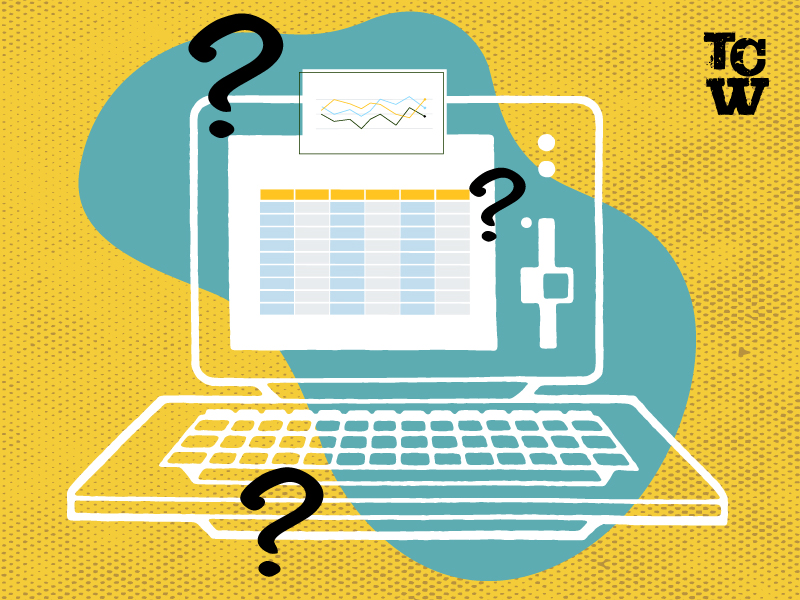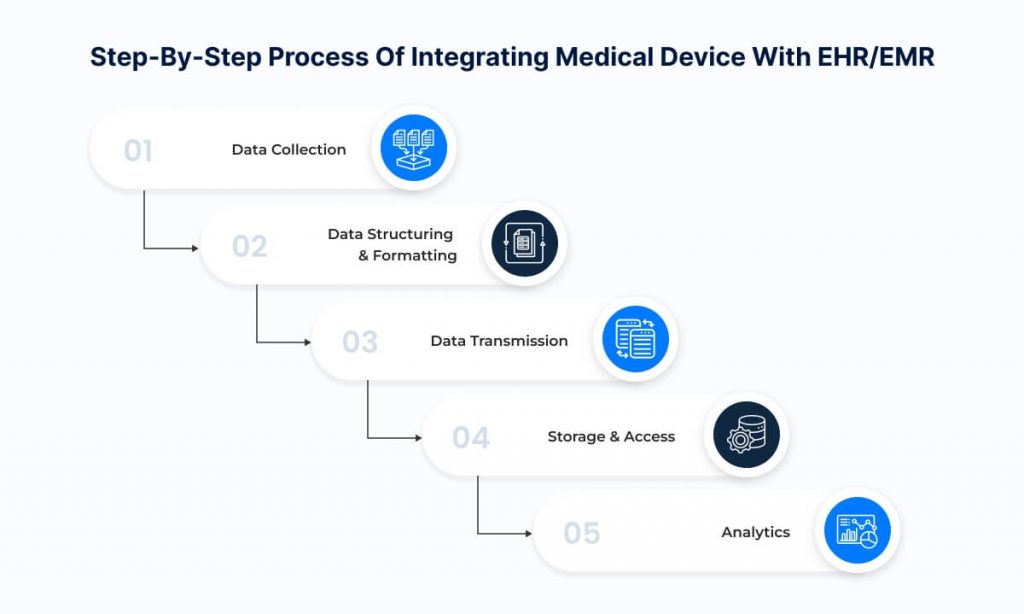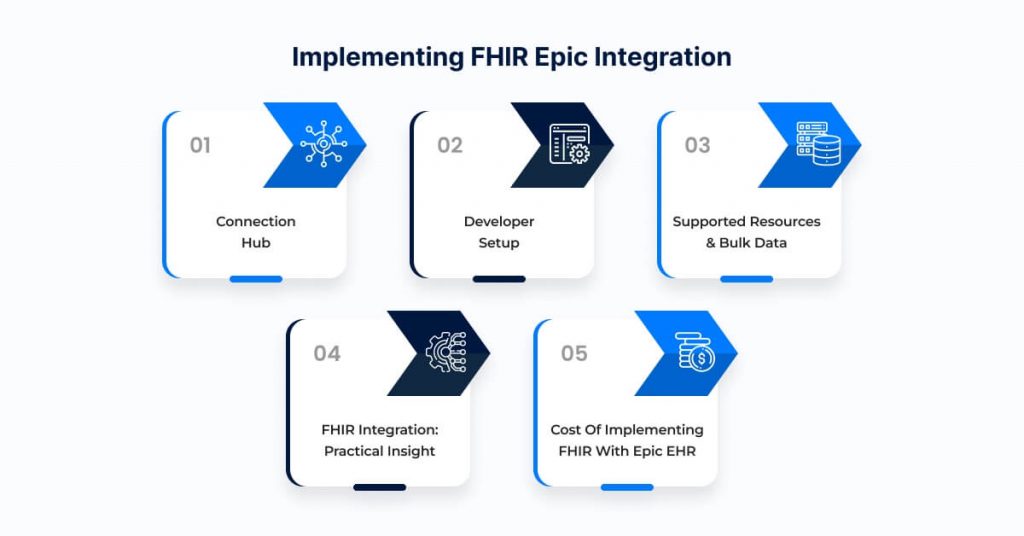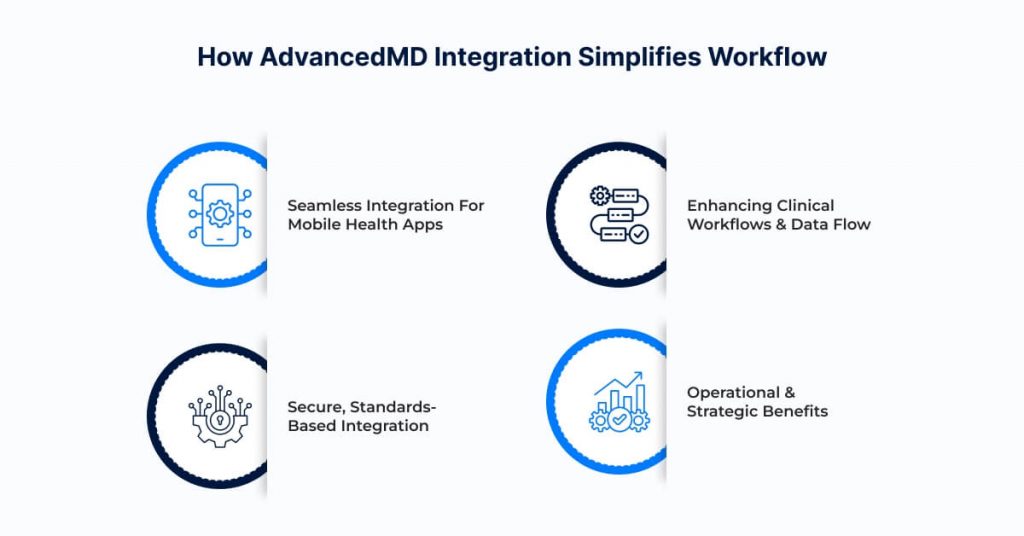The landscape of healthcare technology trends in 2025 is fundamentally different from what it was just a few years ago. Hospitals and clinics are no longer simply adopting digital tools; they’re relying on them to deliver care, manage operations, and engage patients. What we now consider technology and healthcare spans everything from electronic health records … Continue reading "How Tech, Digital, & AI Will Reshape Health Care" The post How Tech, Digital, & AI Will Reshape Health Care appeared first on Osplabs.
The landscape of healthcare technology trends in 2025 is fundamentally different from what it was just a few years ago. Hospitals and clinics are no longer simply adopting digital tools; they’re relying on them to deliver care, manage operations, and engage patients. What we now consider technology and healthcare spans everything from electronic health records and cloud-based infrastructure to mobile apps and AI-powered automation. These tools are not just modern conveniences; they are essential to the functioning of today’s healthcare systems.
Across the world, technology in healthcare is evolving from a supporting function into a core component of strategy and care delivery. From improving patient outcomes to addressing workforce shortages, healthcare technology trends are influencing nearly every decision made by health tech leaders and administrators.
This article explores six pivotal technology-driven shifts that are actively reshaping healthcare systems and redefining care delivery in 2025.
Security Becomes a Clinical Priority

As hospitals continue to digitize operations and move data to the cloud, the need for strong cybersecurity has become a frontline issue. It’s not just about protecting data; it’s about protecting care itself. Healthcare organizations have realized that any compromise in system security can directly affect patient safety and operational continuity.
Many systems have begun investing in multi-factor authentication, zero-trust network architecture, and encryption at both the device and infrastructure levels. After experiencing disruptions due to phishing and ransomware attacks, some hospitals have even included cybersecurity planning as part of board-level discussions. Along with better infrastructure and healthcare technology trends, there’s also a growing demand for HIPAA compliance software development to ensure that digital tools meet all legal and regulatory standards.
Interoperability Moves from Ideal to Imperative

Healthcare no longer happens in isolated silos. Physicians, specialists, nurses, and administrative teams often work across different systems and locations. Seamless data sharing is critical. Interoperability, the ability of different systems to exchange and interpret shared data, has become a non-negotiable part of modern care.
Although the 21st Century Cures Act has played a role in pushing the industry forward, real progress is being driven by necessity. Hospitals and clinics must coordinate across networks, exchange information efficiently, and support unified care journeys. This is why EHR integration has become such a significant focus for healthcare leaders.
Organizations that invest in unified data models and strong APIs are better equipped to manage population health, support remote patient monitoring, and offer more personalized treatment plans. Without this foundation, even the most sophisticated tools fail to deliver their intended impact.
Personalized, Patient-Centered Care at Scale

Personalization in healthcare has moved beyond genomics and into everyday care. Whether it’s a person managing a chronic condition or someone recovering from surgery, care plans are increasingly being tailored using real-time data, patient feedback, and contextual information. Devices like wearables and smart health tech trackers are being integrated into care management strategies, helping providers adjust treatments based on ongoing feedback.
These developments are deeply connected to the rise of mHealth solutions, which allow patients to engage with their providers through mobile healthcare technology apps, access test results, or monitor vital signs from home. This level of engagement helps patients feel more involved in their care, and it empowers providers with actionable data. Healthcare technology costs, but many hospitals are turning to healthcare technology trends in favour of a patient engagement solution to bridge the gap between visits and provide continuous, responsive care.
Automation Where It Matters Most

One of the quieter revolutions in healthcare is happening in administrative offices. The use of automation, particularly in revenue cycle management, has allowed organizations to reduce backlogs and ease the pressure on human staff. Tasks like prior authorizations, insurance eligibility checks, and claims processing are now being handled with far less manual input.
This isn’t about replacing people, it’s about freeing them to focus on complex cases and patient interactions. For example, a hospital that automated its prior authorization process using robotic process automation saw turnaround times drop significantly, and staff were able to redirect their time to other critical functions. These improvements are helping hospitals become more resilient without stretching already limited resources.
Patients Expect Better Digital Experiences
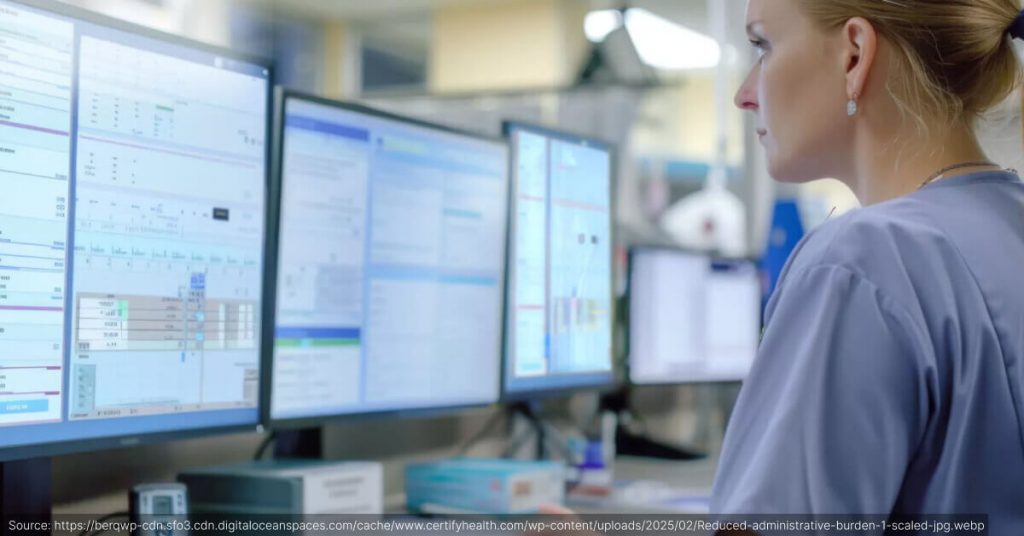
Today’s patients compare their hospital’s app not with other healthcare tools, but with the everyday consumer apps they use, banking apps, food delivery, and travel platforms. As a result, expectations around usability, transparency, and convenience are higher than ever.
Healthcare organizations are now expected to offer digital tools that are intuitive, responsive, and fast. This includes everything from appointment booking systems and billing portals to remote consultation platforms. It’s one reason why user experience (UX) design is becoming a central part of healthcare software development. The focus is not just on building features, but on building features that are simple to use and meet patient needs.
Cloud Becomes the Backbone
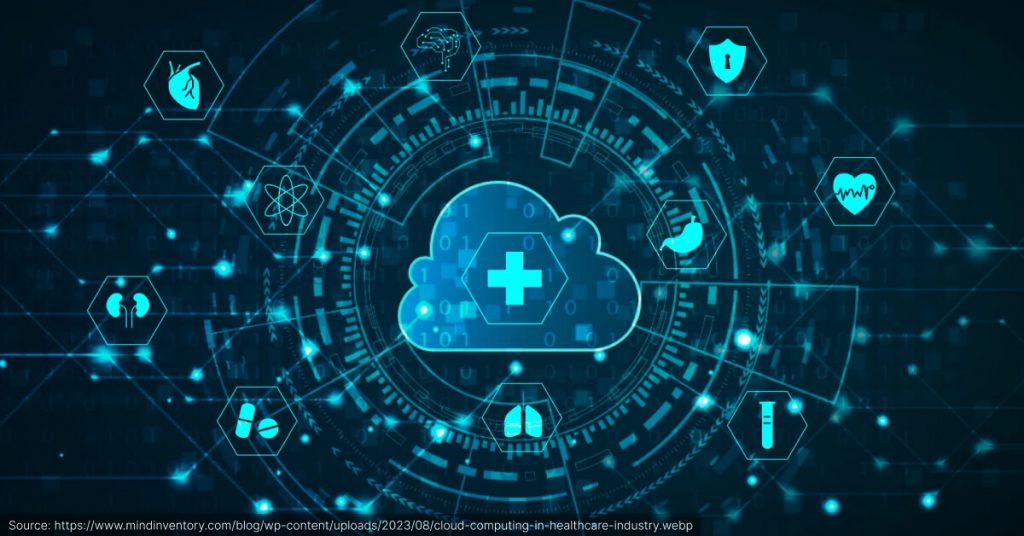
The cloud has moved from being an IT topic to a strategic priority in healthcare. Hospitals and clinics are increasingly adopting healthcare cloud solutions to support everything from diagnostics to disaster recovery. Cloud computing in healthcare technology systems enables more flexible collaboration between providers, faster data access, and simplified system updates.
One children’s hospital, for example, moved its imaging and diagnostics to a secure cloud platform. The result was faster consultation across state lines, especially during urgent care situations. This kind of agility is essential in modern healthcare, especially when time, accuracy, and coordination are everything.
At the same time, cloud migration raises important governance challenges, requiring careful planning around security, vendor relationships, and infrastructure readiness. It’s a long-term shift that’s helping organizations become more scalable, secure, and efficient.
Conclusion
The innovations we’re seeing in 2025 are not just about futuristic technologies; they’re about strengthening the core of care delivery. Whether it’s improving hospital management systems, expanding access through mobile platforms, or integrating systems for better decision-making, these changes are shaping how care is delivered and how systems function.The challenge for today’s leaders isn’t to adopt every new tool, but to ask the right questions:
- Which processes need to be automated?
- Which tools offer true integration?
- Where can investment have the greatest impact on care and outcomes?
Ultimately, the future of healthcare depends on thoughtful, strategic use of technology solutions that support clinicians, engage patients, and connect systems. Whether it’s mobile apps technology in healthcare, EHR integration, or healthcare technology companies, the goal remains the same: better outcomes, smarter operations, and stronger trust. OSP builds customized healthcare technology solutions for hospitals, from interoperability platforms to healthcare software development for compliance, engagement, and clinical workflows that align with the evolving needs of 2025.
References:
- https://www.bupa.com/news-and-press/news-and-stories/2025/what-will-be-the-top-healthcare-trends-in-2025
- https://www.capgemini.com/insights/expert-perspectives/trends-in-2025-for-healthcare/
- https://www.deloitte.com/us/en/insights/industry/health-care/life-sciences-and-health-care-industry-outlooks/2025-global-health-care-executive-outlook.html
- https://www.spec-india.com/blog/healthcare-technology-trends
- https://appinventiv.com/blog/healthcare-app-trends/
The post How Tech, Digital, & AI Will Reshape Health Care appeared first on Osplabs.




